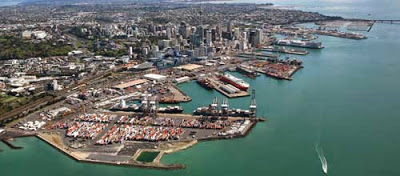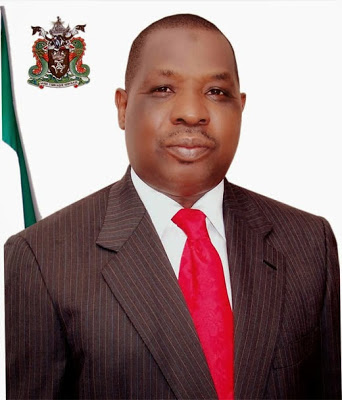A maritime expert, Chief Kunle Folarin, says Nigeria can grow its maritime revenue by handling 25 million tonnes of transit cargo for land-locked countries yearly.
Folarin, who is the Chairman, Nigerian Port Consultative Council (NPCC), said that apart from Nigeria’s potential in providing port services, it could also provide freight forwarding services for owners of cargo designated for the landlocked countries.
“I can tell you that not less than 20 to 25 million tonnes of cargo can pass through Nigerian ports every year for landlocked countries. That is quite a lot and we can actually provide leadership in transit cargo management,” he said.
“We can be the forwarding agents, we can be the transporter for those cargoes as soon as they land in our country and much more. I believe that it is the way to go. In actual fact, is the only way.
“Nigeria has eight littoral states that are actually on the Atlantic and therefore, that is a very strong environment for Nigeria to engage and provide leadership and opportunity for landlocked countries to use Nigerian coast as the corridor for their maritime trade.’’
He advised that Nigeria should key into the economic viability of service rendered by Niger Republic, which had been building refineries.
Folarin said Nigeria could serve as a service port, bearing in mind that Niger would be importing a lot of heavy cargo for its industrialisation process.
“We can provide leadership because we have the potential to do that. You can just imagine that those countries we are talking, particularly Niger Republic, are now having refineries, they had discovered oil,” he said.
“They could use pipelines through our country to run into the Atlantic.
“They are importing quite a lot of machinery and raw materials. They are trying to industrialise. They are receiving heavy quantities of aid cargo, bulk cargo, wheat, even petroleum products.
“We can actually provide that. I believe that we can even be a service port, even if not for cargo.
“We can actually have a kind of corridor here within our harbours, where we can repair vessels. We can do dry dock, mandatory requirement for shipping.’’
Folarin said places like Las Palmas, Tenerife and Canary Islands received over 2,000 vessels annually for dry-docking, bunker supply and statutory maintenance, even though they never had much cargo.
He, however, urged Nigerians to take full advantage of its environment to provide maritime services to such land-locked countries.


































































